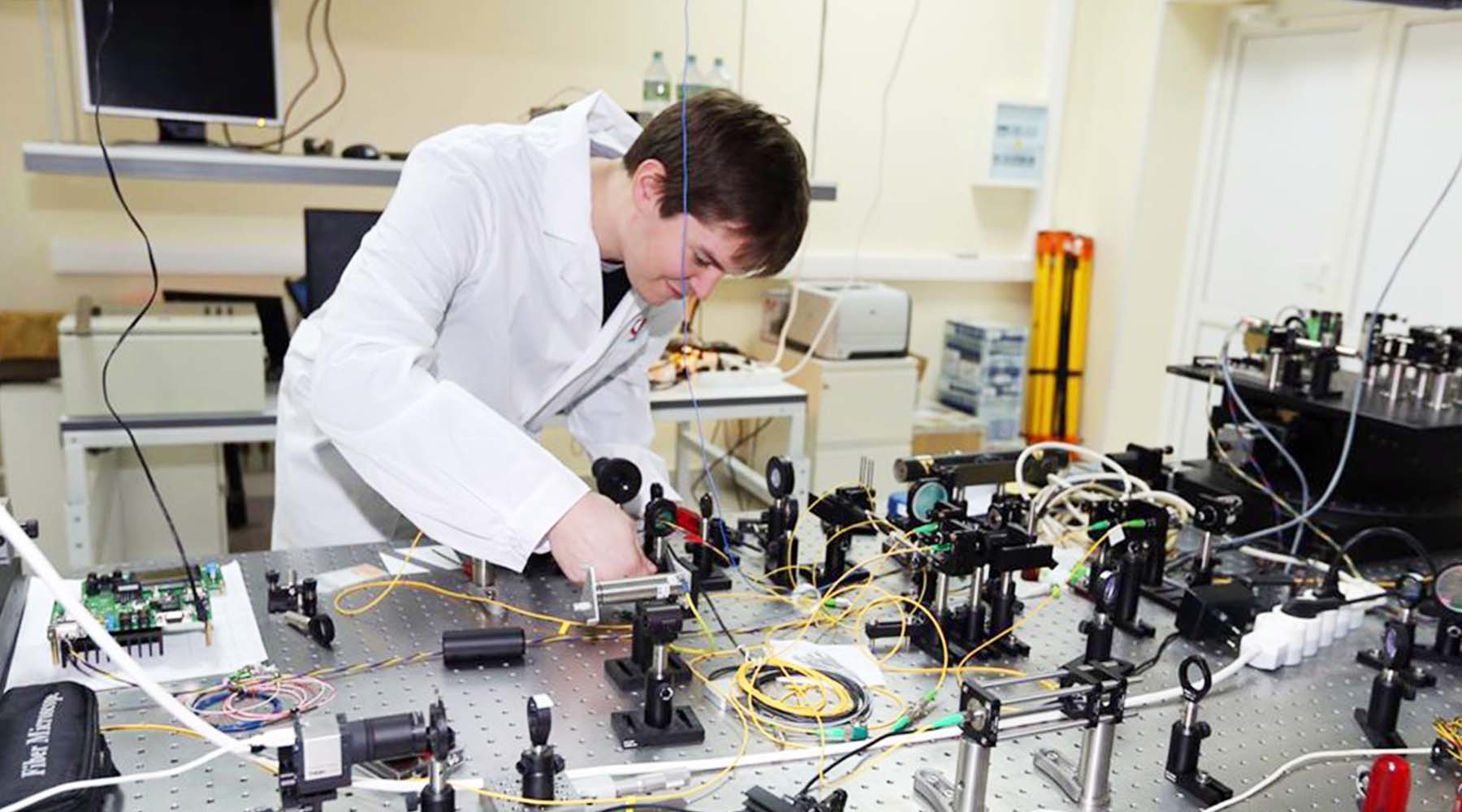The first test flight of an aircraft with an electric motor based on superconductors will take place in 2020–2021, the Russian Advanced Research Foundation (FPI) told.
“We expect that the first test flight of a flying laboratory with our engine will take place in 2020-2021. These works are carried out under the auspices of the Ministry of Industry and Trade of Russia, ”said the head of the scientific and technical council, deputy general director of the FPI Vitaly Davydov in an interview with RIA Novosti.
According to him, the further development of electric aircraft will be the prerogative of Russian aircraft designers and the United Aircraft Corporation
It should be noted that the development of a high-temperature electric motor based on superconductors began in the FPI back in December 2016 together with SuperOks CJSC.
“The Foundation works closely with the United Aircraft Corporation, which is interested in these works, as electric planes are the main future of aviation,” he emphasized.
According to Yury Sytnik, a member of the Presidential Commission on Aviation Development, the transition to alternative types of power plants is especially relevant, since oil reserves are not infinite.
“It is necessary to go in this direction because sooner or later the oil will run out, or will rise in price to such a price that it cannot be used ... Therefore, we need to work on a new hybrid engine, we need to work on other types of fuel,” Sytnik said in an interview with RT.
However, he warned that the properties of new electric motors are difficult to discuss before testing. It is also important to understand what materials are involved in the construction, what the generator will be, the resource of the installation, as well as its weight.
“There must be such an accumulator reserve so that it (airplane. - RT ) could reach the nearest airfield. This must be installed on the plane. And aviation and weight always fight among themselves, ”said Yuri Sytnik.
Fields of application
The FPI previously explained that the technologies developed in the fund open up possibilities for creating fully electric aircraft, for example, air taxi with vertical take-off and landing, as well as electric sea vessels. For these projects, samples of electric motors with a capacity of 50 kW and 500 kW were developed.
- © fpi.web
As Sytnik notes, in projects it is necessary to take into account that the use of electric motors in Russian aviation has its own limitations. According to the expert, low temperatures have been kept in the territory outside the Urals for a long time, which complicates the use of electric motors.
“How to pump electricity or transport batteries? Aircraft must be made of such material that there is energy recharge, ”he notes.
To solve the problem of recharge on the ground, the expert believes, is much easier.
Electric motor and hybrid
Arsenal of the Fatherland magazine columnist Dmitry Drozdenko agrees with the statement that the need for frequent recharging is the main drawback of the electric motor. To date, a hybrid engine may be the way out, the expert believes.
“A hybrid involves an internal combustion engine, a jet engine, that is, a certain source of energy that produces electricity, which then goes to electric wires ... For aviation, this is a novelty that will significantly improve economic performance. For civil aviation this is extremely important - the ratio of the cost of one person per kilometer, kilogram per kilometer of cargo transportation, ”he explained to RT.
A previously published report by the FPI on the start of testing an electric motor on high-temperature superconductors notes that the use of traditional copper conductors leads to "a significant increase in the mass and dimensions of their electrical equipment, thereby limiting the ability to create all-electric aircraft and marine vessels."
According to Drozdenko, the use of hybrid engines will make aviation more “economical and environmentally friendly” at this stage.
We add that earlier the head of the department of electric power plants of the Central Institute of Aviation Motors named after P.I. Baranova (TsIAM) Anton Varyukhin in an interview with RT said that in the fall of 2020, flight tests of a hybrid aircraft engine should begin. They will be held at a flying laboratory created on the basis of the Yak-40 passenger aircraft.

